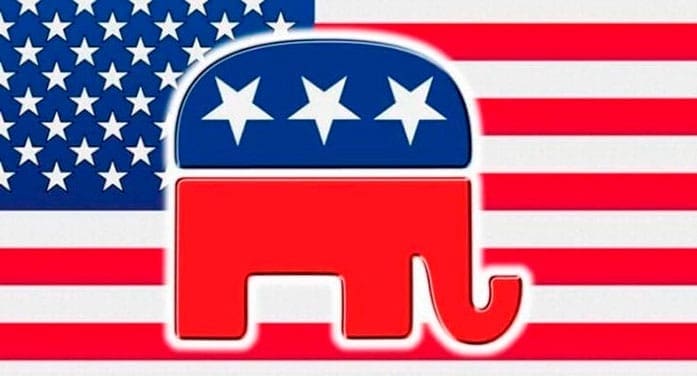All that money, media and high-powered celebrity support couldn’t drag Hillary Clinton across the finish line. Not even against as flawed an alternative as Donald Trump.
And almost all the pundits and prognosticators got it wrong. Again.
So what’s to be learned from it all?
Having recovered from the rigours of staying up way past my bedtime to watch the drama unfold, here are my takeaways.
The Republican Party isn’t dying just yet
Contrary to the deep thinking that’s been promulgated over the last several years, the Republicans are not en route to the undertaker. Yes, the U.S.’s demographics are changing, but the electoral implications aren’t as simple as some would have it.
According to the exit polls, the 2016 electorate was 70 percent white, down a full two points from 2012. In theory, this should have worked against the Republicans.
Yet Trump won while Mitt Romney lost. In fact, Trump – the alleged racist demagogue – appears to have received a larger share of the non-white vote than Romney did.
And coming out of this election cycle, the Republicans will control the presidency, both chambers of Congress, two-thirds of the state governorships and the majority of state legislatures. If this is a dying party, it’s managing to give a very vibrant impression of health.
Democrats have not thrived under Obama
President Barack Obama may enjoy a positive personal approval rating, but his stewardship hasn’t been kind to the Democrats.
When he departs office in January, he’ll leave behind a party that’s politically weaker than at any time in living memory. Even after George McGovern’s 1972 presidential debacle, the Democrats still controlled both houses of congress and a strong majority of state governorships. That’s a far cry from today.
Right track/wrong track is a powerful predictor
Although she didn’t explicitly label it that way, Clinton ran as the continuity candidate. A vote for her was a vote for Obama’s third term. There would be more of the same, perhaps even Obama on steroids.
However, an overwhelming majority believed the country was on the wrong track. And of those for whom “change” was the most important issue, more than 80 percent voted for Trump.
Debates are trickier than you might think
Nearly all pundits believed that Clinton easily won the debates, and polling supported that contention. Still, Trump apparently got half of the vote from those who rated the debates as a factor in their decision.
So things are clearly more complicated than the superficial headlines suggest. Either people lie to the pollsters, or their debate takeaway goes beyond the conventional won/lost measuring stick.
Media coverage missed the big story
Presidential campaigns traditionally knuckle-down after Labour Day. From there to early November, people who were only paying passing attention really start to focus.
This year, the post-Labour Day media narrative indicated an ascendant Clinton. In addition to her winning the debates, Trump was portrayed as visibly floundering while his inadequacies were becoming increasingly evident.
Except, if you believe the exit polls, that wasn’t what was actually happening. Or at least it wasn’t all that was happening.
Among those who decided before September, Clinton won comfortably. From September onwards, Trump carried the day.
The left/right paradigm needs to be rethought
We’ve become accustomed to viewing elections and political parties along a left/right axis. In U.S. terms, the Republicans have been the party of the right, which characterized them as pro-business, pro-free trade, militarily interventionist, and in favour of reduced domestic spending.
This was always a simplistic perspective, but it’s much more so now.
With its increasing absorption of the white working class, the Republican base is changing. And this creates both dangers and opportunities for the party leadership.
If it continues business as usual – such as support for unrestricted globalization and an activist global policeman role – it’ll be swept away by Trumpian populism. But if it can constructively adapt to the needs and aspirations of its newer constituents, the party can become truly formidable.
The working class shift to GOP is tangible by Joseph Micallef
As for the rest of us, the next time we’re tempted to defer to the unanimity of conventional wisdom, let’s remember the words of the 20th century U.S. journalist Walter Lippman: “When all men think alike, no one thinks very much.”
Pat Murphy casts a history buff’s eye at the goings-on in our world. Never cynical – well perhaps a little bit.
The views, opinions and positions expressed by columnists and contributors are the author’s alone. They do not inherently or expressly reflect the views, opinions and/or positions of our publication.



